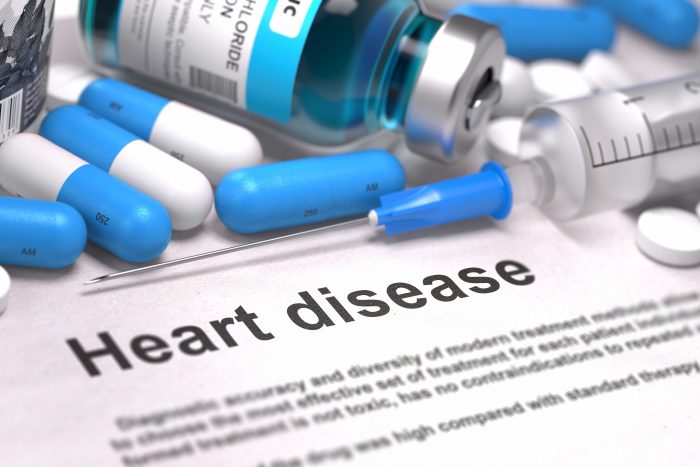Heart Disease Risk Factors
Heart Disease Risk Factors

Heart Disease Risk Factors
To me, one of the most precious forms of intimacy is hearing your partner’s heartbeat. The rhythmic pumping of the heart is like the sound of the song of life itself. Tuning in to the song your partner’s heart sings can spark a unique affinity. Feeling and hearing the heart working to support life is remarkably comforting. With each pump, your heart sends blood throughout your body, which supplies nutrients and oxygen as needed, and carries away waste.
Though you can’t always hear the heart at work, don’t overlook your heart’s health. The American Heart Association states that more than one-third of women have a form of cardiovascular disease and that the leading cause of hospital visits for men in the U.S. is heart disease.
The chances of developing heart disease are a direct result of your daily lifestyle choices, as well as your genetic makeup. Knowing the risk factors to develop heart disease is the first step to making changes for prevention. Mayo Clinic provides a list of risk factors.
- Genetics. As you age, your arteries may become damaged, which increases your risk. Men are generally more susceptible to heart disease, and the risk for women increases following menopause. Having a family history of heart disease increases your chances, as well. It’s also possible to be born with a heart defect without symptoms showing up until later on in life.
- Poor diet. Having everything in moderation is key. A diet that consists of too much cholesterol, sugar, salt, and fat can have consequences on your heart health.
- Having high cholesterol increases plaque formation in your blood. High blood pressure thickens your arteries and narrows the vessels that your blood travels through. Not maintaining your cholesterol and blood pressure levels increases your risk of heart disease.
- Smokers have a higher chance of a heart attack than nonsmokers. Nicotine constricts blood vessels, while the carbon monoxide damages the inner lining.
- Physical inactivity. Your heart is a muscle that needs to be exercised to maintain its health.
- Stress can actually increase your chance of heart disease by damaging your arteries. Anxiety disorders can increase your chance of heart disease.
Knowing which risks make you susceptible to heart disease, what kind of lifestyle changes can you make to support a healthier heart? Decrease your sugar, fat, salt, and cholesterol intake, and replace these things with heart-healthy foods–such as leafy greens, beans, and walnuts. Include more physical activity into your lifestyle. Walking is the best way to increase physical activity—add a stroll to your daily routine. Find healthy ways to reduce your stress levels, like meditation, or yoga. Visit your doctor for check-ups regularly. Your heart is constantly working to keep you alive, so start taking care of your heart in return! A healthy heart can support a longer, fulfilling life with your friends and family.











